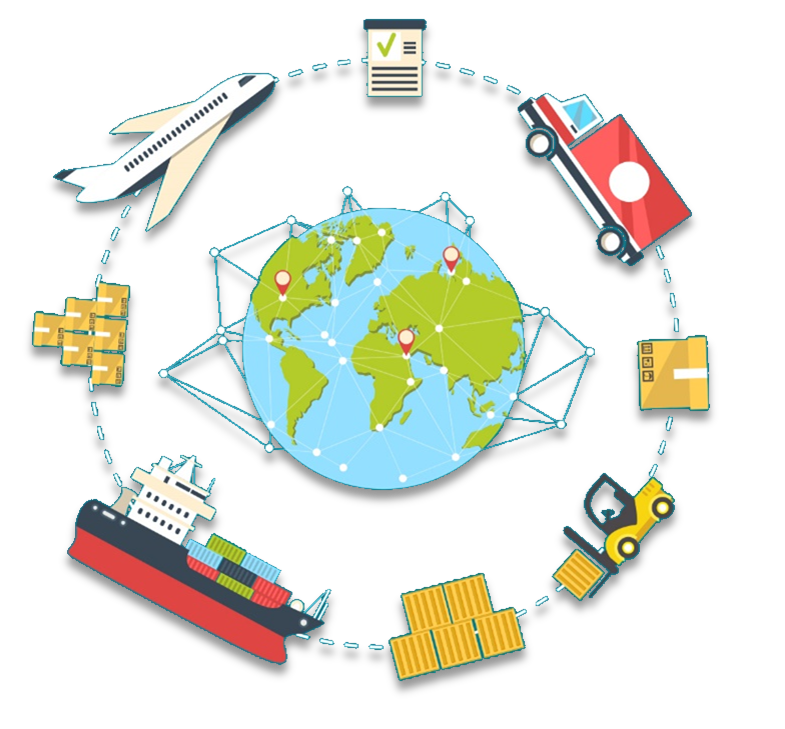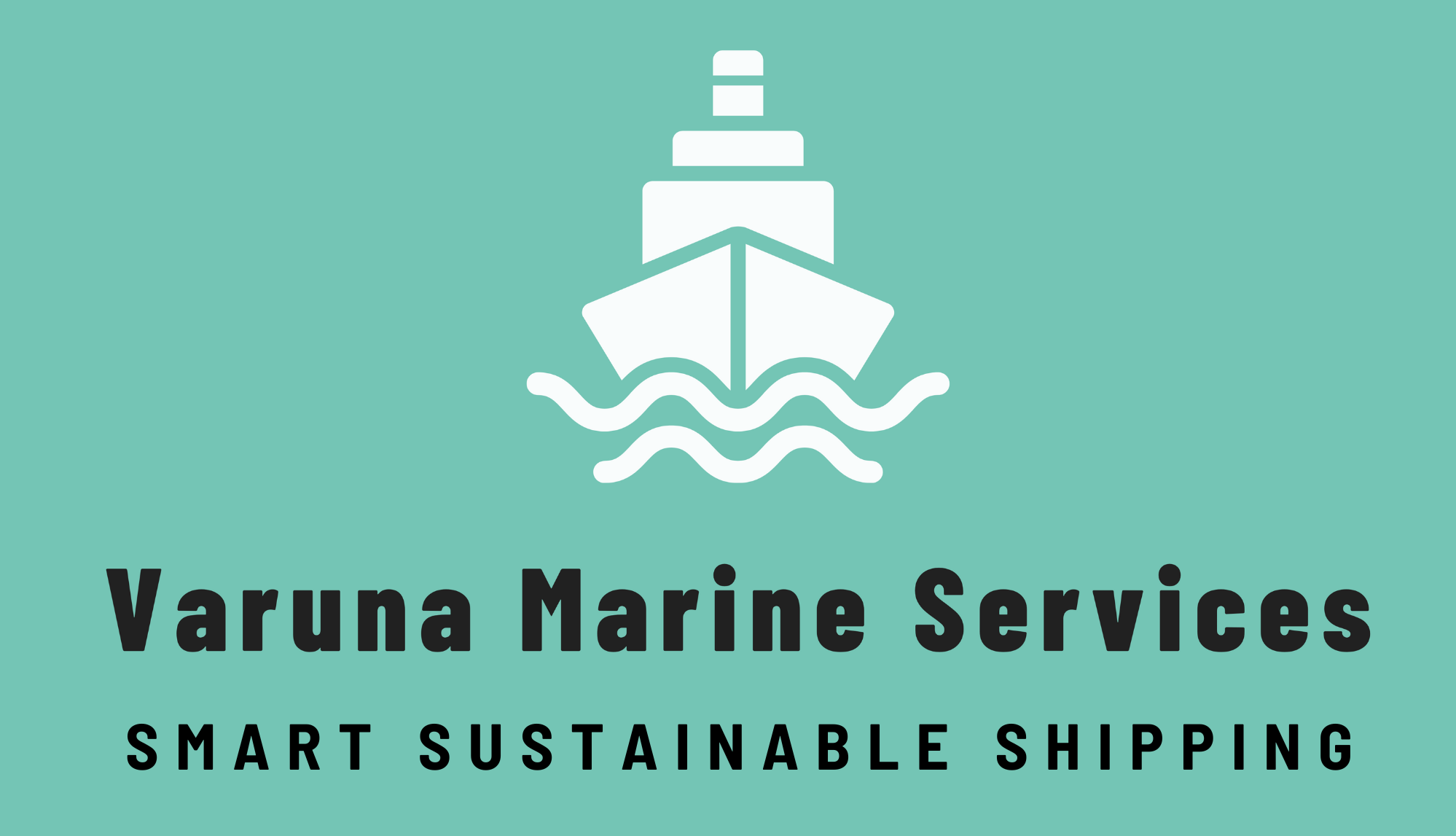
Today one of the most-discussed topics in the shipping industry is that of “sustainability.”
There is a growing awareness in the maritime world about the need for sustainable shipping and the various ways to implement the same. While we are aware of the large-scale impact sustainability can have, the advantage of a sustainable future on a personal level is still unfathomable. The main point of consideration is that sustainability acts as both, a challenge and an opportunity, in the maritime sector
Why is Sustainability Important in Shipping and Maritime Industry?
Maritime transport is critical to the world’s economy. Not only is it the most widespread way to conduct trade, but it’s also an extremely cost-effective way to move bulky items—or items in bulk—around the globe. Because of the popularity of maritime transport, sustainable shipping, which aims to reduce its ecological footprint of sea transport vessels, has been at the forefront of many environmental discussions.
While carriage of goods by sea is more carbon efficient than carriage by trucks or planes, the combined shipping industry could make the 6th place if added to the list of the world’s biggest greenhouse gas (GHG) emitting countries.
International shipping also negatively impacts the environment through other types of pollution, such as emission of SOx, NOx and aerosols in the air, and vessel discharges in the sea.
While marine casualties resulting in oil spills are thankfully less frequent due to the efforts by the international community to improve safety at sea, but a major oil spill can still pose a threat.
“Shipping’s ability to offer economic and efficient long-distance transport puts it at the center of the world economy.”

Sustainable Shipping Requirements
- Changing to a diverse mix of energy sources, using resources more efficiently and responsibly, and dramatically reducing greenhouse gas intensity.
- Providing safe, healthy and secure work environments so that people want to work in shipping, where they can enjoy rewarding careers and achieve their full potential.
- Earning the reputation of being a trusted and responsible partner in the communities where we live, work and operate.
- Developing financial solutions that reward sustainable performance and enable large-scale uptake of innovation, technology, design and operational efficiencies.
- Transparency and accountability drive performance improvements and enable better, sustainable business decision-making.
The IMO’s role in sustainable shipping
The International Maritime Organization’s main purpose is to develop and maintain a comprehensive regulatory framework for international shipping. The IMO has developed the International Convention for the Prevention of Pollution from Ships (MARPOL), which is the most important convention for the prevention of pollution from ships.
In 2018, the IMO adopted an initial strategy on the reduction of GHG emissions from ships, aiming to cut them by at least 50% by 2050 compared to 2008 levels. However, a final plan is not expected until 2023.
Currently, the EEDI only affects newbuild ships, while the SEEMP does not contain any explicit or mandatory performance requirements. This October, a draft text was presented that introduces a version of the EEDI which applies retroactively to all existing ships – the Efficiency Design Index for Existing Ships (EEXI).
The draft text also enhances the SEEMP to include mandatory operational efficiency improvement targets. Although some NGOs have criticised the draft for being unambitious and vague, the draft text was approved at the virtual MEPC 75 meeting this November and are expected to enter into force on 1 January 2023 pending adoption at MEPC 76 in June 2021.
“The Fourth IMO GHG Study of 2020 has predicted that these emissions may increase by 250% by 2050 if nothing is done.”
The UN’s Sustainable Development Goals
The Sustainable Development Goals are the blueprint to achieve a better and more sustainable future for all. They address the global challenges we face, including poverty, inequality, climate change, environmental degradation, peace and justice.
At its heart are the 17 Sustainable Development Goals (SDGs), which are an urgent call for action by all countries – developed and developing – in a global partnership. They recognize that ending poverty and other deprivations must go hand-in-hand with strategies that improve health and education, reduce inequality, and spur economic growth – all while tackling climate change and working to preserve our oceans and forests.
As a specialized agency of the United Nations responsible for global standards for safe, secure, clean and efficient maritime transport, the International Maritime Organization (IMO) has an important role to play in helping Member States to achieve the 2030 Agenda.
IMO is actively working towards the 2030 Agenda and is contributing to the implementation of the SDGs both through providing the legislative framework for international shipping that enables sustainable development and through specific capacity building activities.
While IMO supports the implementation of the 2030 Agenda as a whole, the areas identified by the IMO SDGs Strategy as of most impact of its work are SDG 14 (life below water), SDG13 (climate change), SDG9 (industry, innovation and infrastructure) and SDG5 (gender equality), next to the over-arching SDG17 (partnerships and resource mobilization).
The EU’s contributions to sustainable shipping.
The EU has been a key driving force towards more sustainable shipping. One example of this is the EU’s enactment of Regulation (EU) 1257/2013 on safe and sound ship recycling (EU Ship Recycling Regulation), enacted while waiting for the Hong Kong Convention to enter into force. It is also likely that the EU will be a key player in pressuring the international community towards more aggressive measures addressing GHG emissions. In any case, those wishing to take part in trade involving a EU member state will need to consider potentially stricter EU regulations.
There is a recurring realization that sustainability matters, at a global and at a personal level, and hence, every member of the maritime ecosystem is ready to take the first step towards sustainability.
All in all, to have a valuable sustainable shipping, industry-right mindset and resources are necessary. Since many different stakeholders are involved in the process, one of the critical factors in supporting of sustainable shipping is the understanding of all parties concerns, needs and expectations.
At this point the new regulations put in place have created queries with respect to how charterers, vendors, business partners and stakeholders are paying attention to these drastic environmental, regulatory and technological developments; maybe their neutral attitude downplays the importance of sustainable shipping.
At Varuna Marine Services B.V, we believe that sustainable shipping not only drives our marine transport business but is an important goal that will shape the future of the maritime industry. We should be committed to making zero carbon shipping a reality.
Every day and in everything we do, we’re working to make shipping safer, greener and more responsible – both across our operations and the wider maritime industry.
